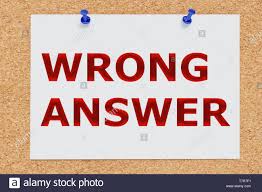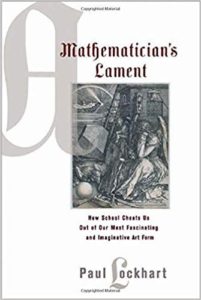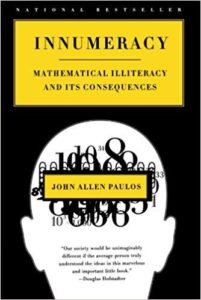Table of Contents
MATH WAR!
What to teach? How to teach? How much to teach? Does everybody need higher math? Opposing theories and answers have led to what is now known as the “math war.”
 |
Nicholson Baker’s “Wrong Answer: The Case Against Algebra II” appeared in the September 2013 issue of Harper’s Magazine. Baker argues that higher math in the form of Algebra II is a major cause of school drop-outs; and that most people, for most professions, don’t need it anyway. The article is free to subscribers at the Harper’s Magazine website or can be purchased as a single issue here from Amazon. |
| From the New York Times, professor Andrew Hacker’s Is Algebra Necessary? argues that for many of us, it isn’t. | |
 |
Paul Lockhart’s A Mathematician’s Lament (Bellevue Literary Press, 2009) is just 140 pages long but it’s a powerful critique of math education as currently practiced. Lockhart writes, “Students learn that mathematics is not something you do, but something that is done to you. Emphasis is placed on sitting still, filling out worksheets, and following directions.” Instead, math should involve exploration, imagination, and creativity. For teens, adults, and concerned parents. |
| See Dan Meyer’s TED Talk, Math Class Needs a Makeover. | |
 |
By John Allen Paulos, Innumeracy: Mathematical Illiteracy and Its Consequences (Hill and Wang, 2001) is invaluable. Paulos explains, fascinatingly, just why a basic grasp of math – notably a familiarity with probability and statistics – is essential for making reasonable decisions about the world we live in. By the same author, see A Mathematician Reads the Newspaper and Once Upon a Number. For teenagers and adults. |
| For more by John Allen Paulos, see his website. | |
| From the Common Core State Standards (CCSS) Initative, Standards for Mathematical Practice lists and explains them the recently adopted national math standards. | |
| The Best Evidence Encyclopedia, created by the Johns Hopkins University School of Education, rates curricula and teaching approaches in math, reading, and science for elementary, middle, and high school students. Find out what the research says works. Useful for parents and educators. (Best approach for elementary-level math: peer tutoring.) | |
| According to the What Works Clearinghouse (Institute of Education Sciences), here’s what works in terms of math curricula. |
